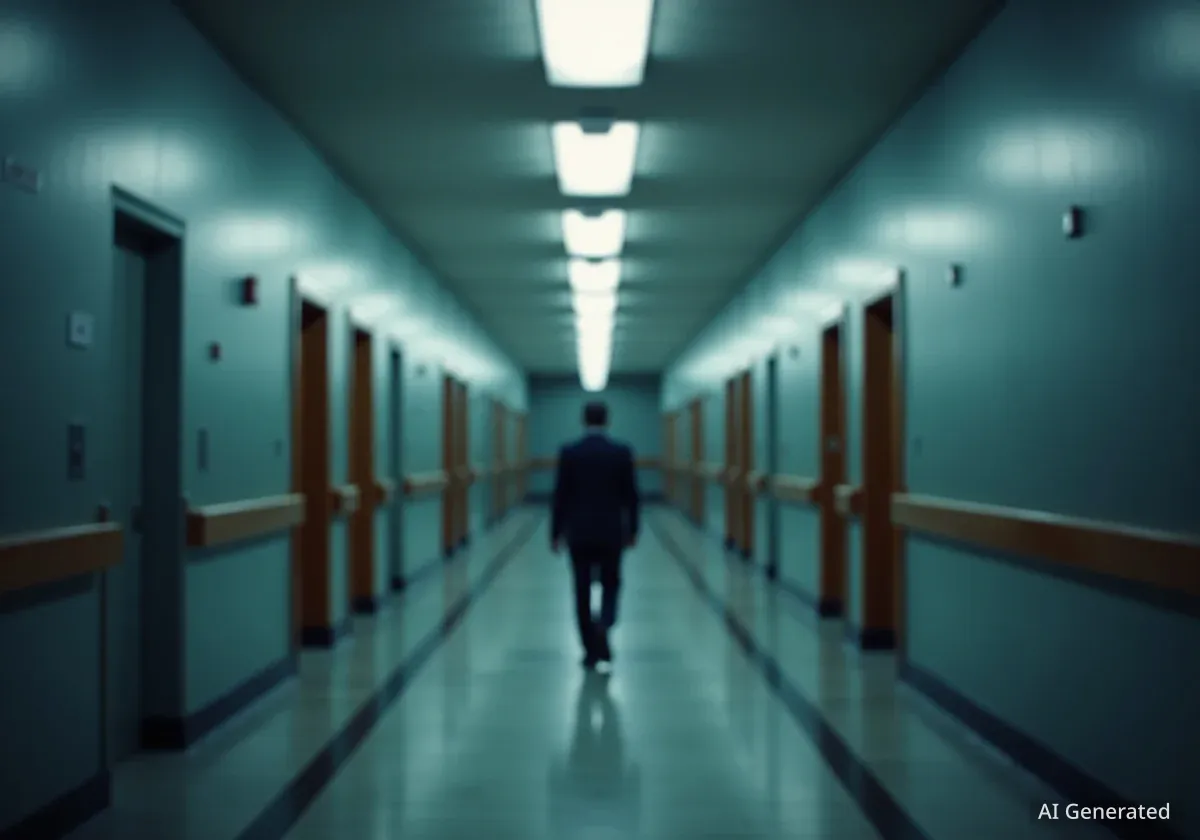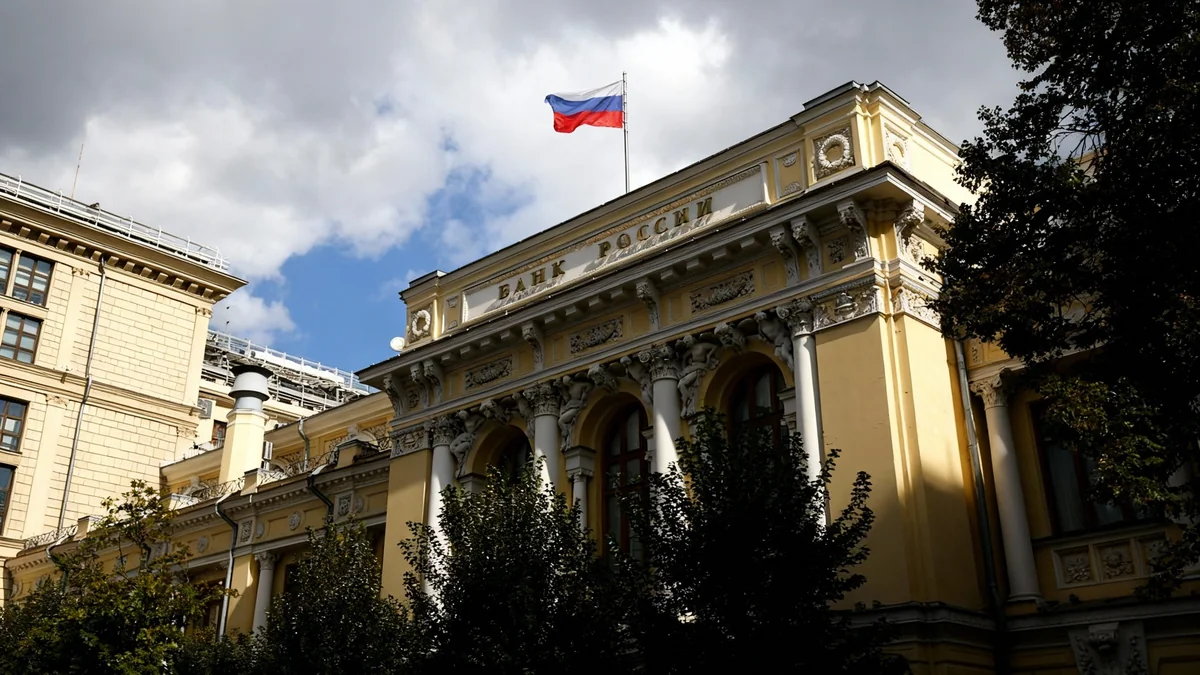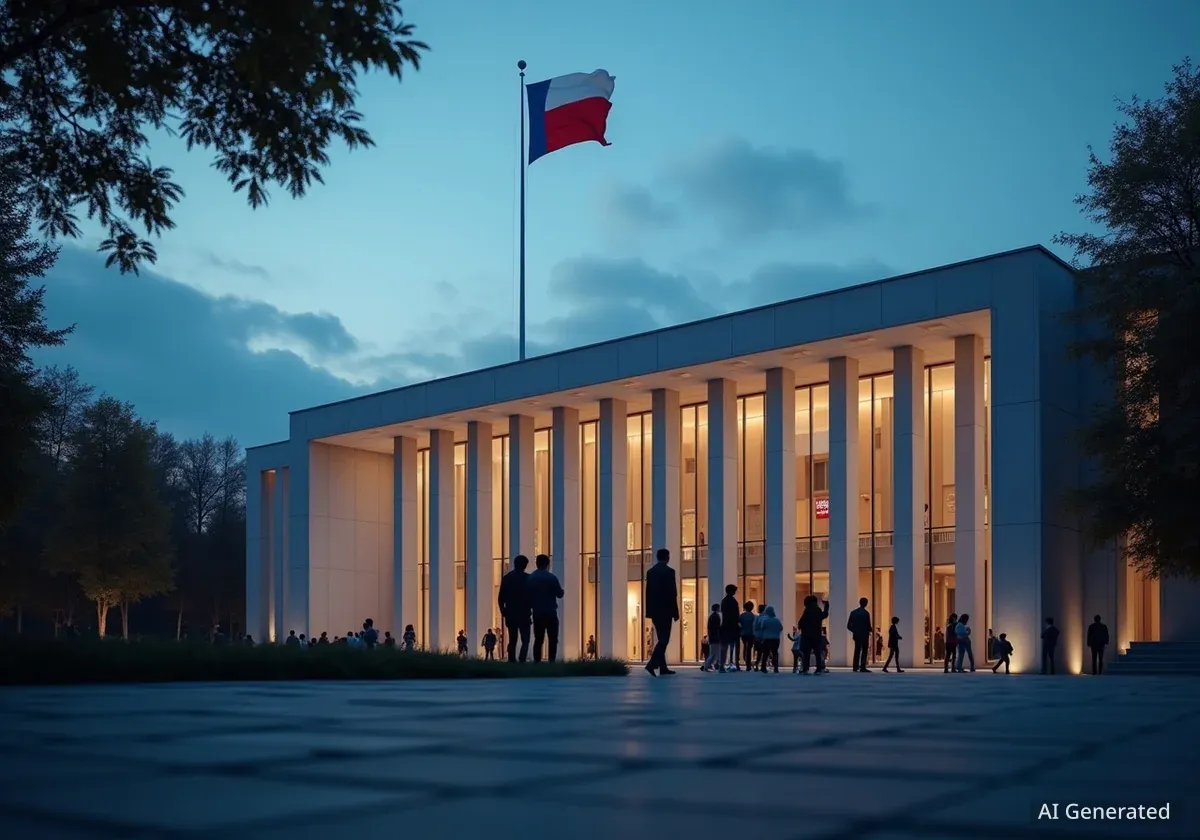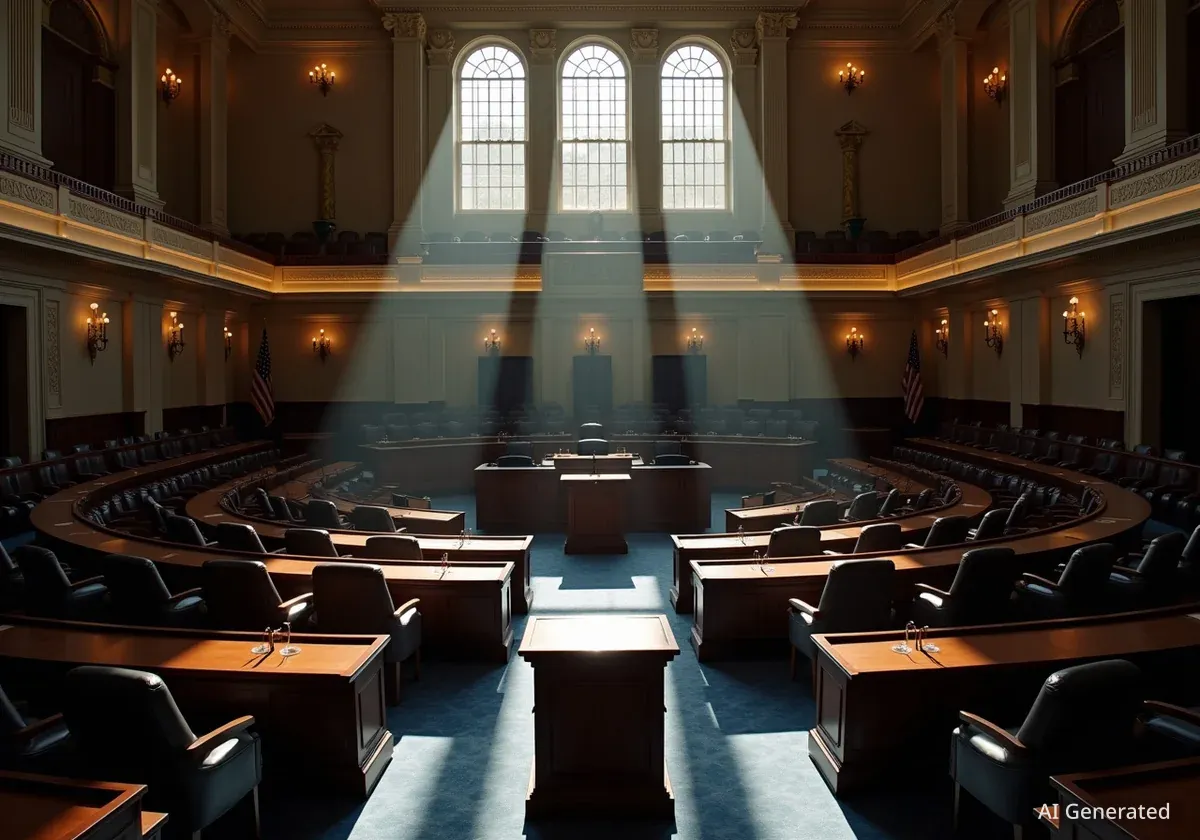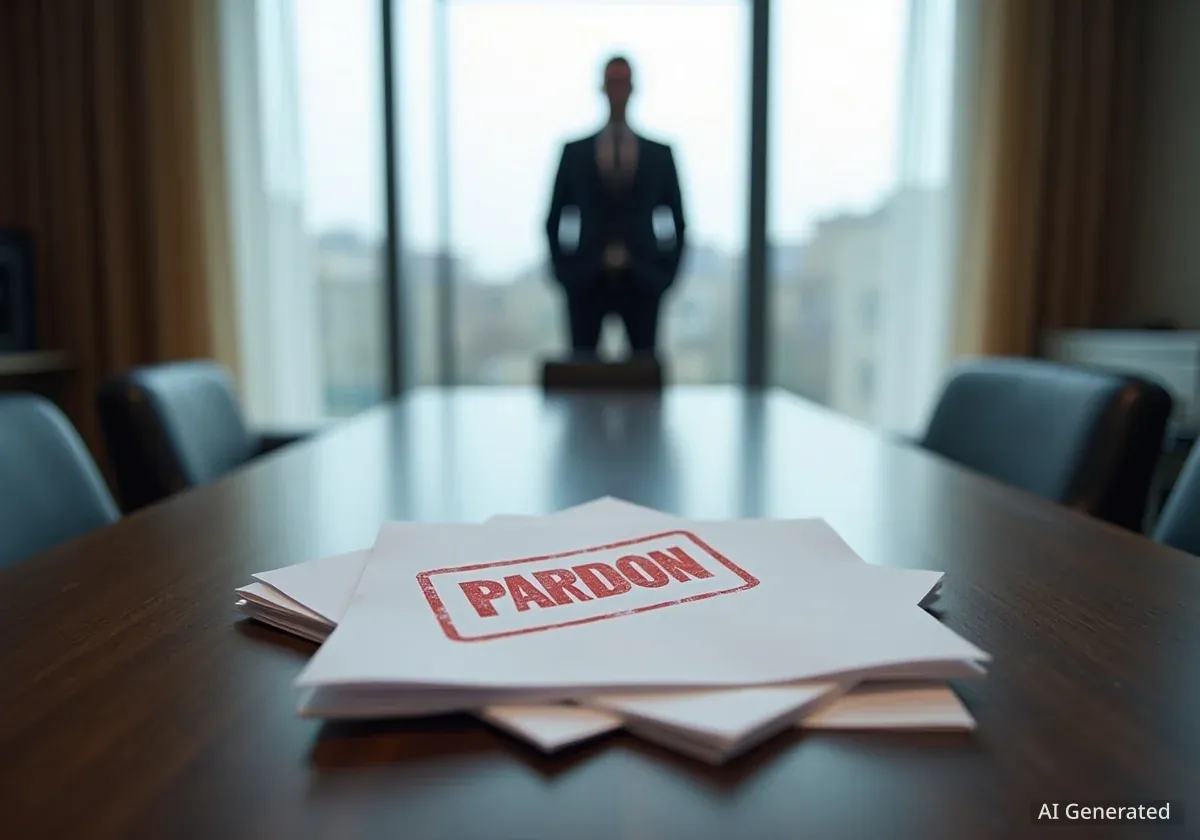French Prime Minister Sébastien Lecornu announced Tuesday a freeze on the country's unpopular retirement age reform. The law, which aimed to raise the minimum retirement age from 62 to 64, will now be suspended until the next presidential election in 2027. This decision represents a significant political win for the opposition Socialist Party.
The suspension comes amidst intense political pressure and threats from the Socialist Party to initiate a no-confidence vote against Lecornu's newly formed government. The pension reform, originally passed in 2023, has been a central point of contention in French politics.
Key Takeaways
- French PM Sébastien Lecornu froze the retirement age reform until 2027.
- The decision is a major victory for the opposition Socialist Party.
- The reform, passed in 2023, was incrementally raising the retirement age from 62 to 64.
- The freeze aims to stabilize the government and allow for further debate on the social contract.
- The suspension will cost French state finances an estimated €400 million for 2026.
Pension Reform on Hold
Prime Minister Lecornu delivered his first parliamentary speech on Tuesday, detailing the government's intention to halt the implementation of the pension law. This reform, enacted in 2023, sought to gradually increase the minimum retirement age for most workers across France. The incremental rise was planned to reach 64 from the previous 62 years of age.
The Socialist Party had explicitly warned that they would seek to topple Lecornu's administration if the pension reform was not frozen. This ultimatum placed significant pressure on the government, which is still in its early stages.
"A suspension must be an opportunity. Debating the issue of pensions is not just a financial equation. It is an essential part of our social contract. And this contract, too, needs overhauling," Lecornu stated.
His remarks suggest a broader aim to re-evaluate the social implications of the pension system, beyond just its financial aspects. This approach may seek to build consensus in a deeply divided political landscape.
Political Stability at Stake
The political climate in France remains highly volatile. Lecornu's first government lasted only 14 hours last week before collapsing. President Emmanuel Macron reappointed Lecornu on Friday, followed by a second attempt to form a cabinet on Sunday.
The Socialist Party's response to Lecornu's speech is crucial. Most other opposition parties have already committed to trying to bring down the government. The Socialists' next move will largely determine if the 39-year-old Prime Minister can secure his position or if France will face further political instability.
Background on French Political Crisis
France has experienced significant political turmoil, with four governments potentially collapsing in less than a year if Lecornu's second administration fails. This ongoing deadlock has raised concerns about the governability of the eurozone's second-largest economy and its ability to manage its finances effectively.
Two motions of no confidence have been tabled against Lecornu's government. One comes from a coalition of far-left, Green, and other left-wing lawmakers, while the other is from the far right. Both motions are scheduled for a vote on Thursday.
Should Lecornu's second government fall, it would increase the likelihood of President Macron dissolving parliament. This action would aim to break the political deadlock, potentially through new elections.
Fiscal Implications and Budget Planning
Lecornu emphasized that the suspension of the retirement reform must be balanced with adequate savings. This is necessary to control public spending and reduce the national budget deficit. The deficit is currently projected to reach 5.4 percent of gross domestic product (GDP) this year.
Cost of Suspension
- The freeze on the retirement reform is estimated to cost French state finances €400 million for 2026.
- This figure highlights the financial impact of delaying the unpopular but fiscally oriented policy.
Earlier on Tuesday, Lecornu's government presented a new budget proposal. This budget aims to bring the deficit below 5 percent of GDP for the upcoming year. It includes significant measures, comprising €31 billion in spending cuts and tax increases.
The Prime Minister reiterated his commitment to maintaining France's fiscal credibility. He also stressed the importance of protecting the integrity of the country's pension system. This indicates a challenging balancing act between political demands and economic realities.
The freeze offers a temporary reprieve and an opportunity for broader dialogue. However, it also introduces additional financial strain that the government must address through other fiscal measures.
The Path Ahead for France
The decision to freeze the retirement reform represents a tactical maneuver by Lecornu to gain political breathing room. It aims to prevent an immediate collapse of his government and allow for a period of negotiation and debate.
The coming days will be critical for the stability of French politics. The outcome of the no-confidence votes and the Socialist Party's subsequent actions will shape the immediate future of Lecornu's government and potentially President Macron's term.
The long-term challenge remains how France will address its public spending and pension system challenges while navigating a complex and often confrontational political environment.
